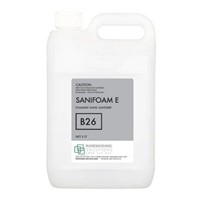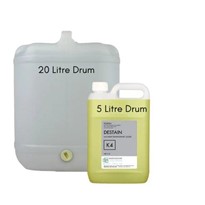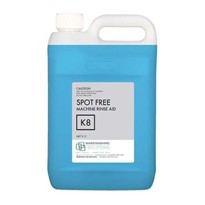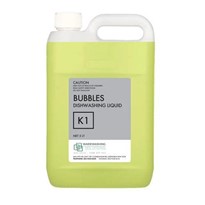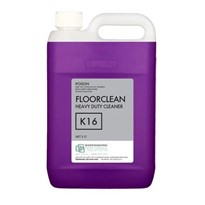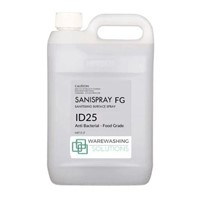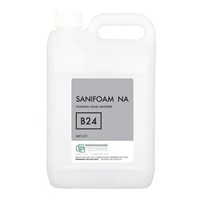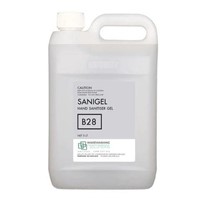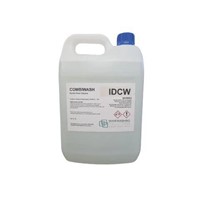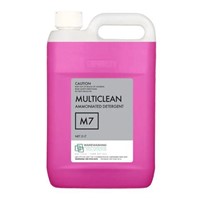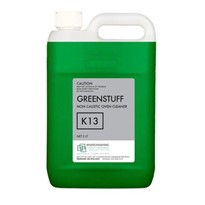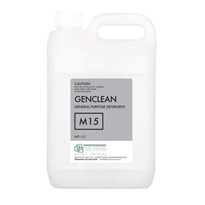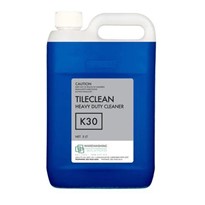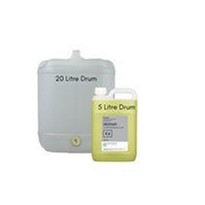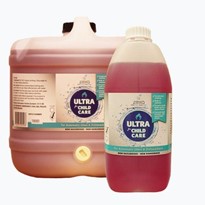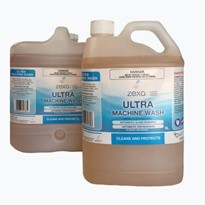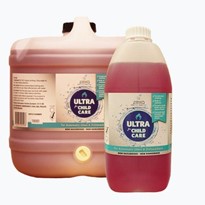If you operate a restaurant or a school cafeteria, you’ll need a dishwashing detergent that gets the job done. Your dishwashing equipment is only half the equation, and the cleaning agent you use will ultimately affect how clean your dishes will be.
This guide will help you choose the correct dishwashing detergent for better cleaning results. We’ll be discussing whether or not you should use products that contain phosphate and which detergent to use depending on your application. Let’s get started.
Choosing a dishwasher detergent that contains phosphate
When choosing a commercial dishwashing detergent, the first thing you should consider is if the product contains phosphate or not. Phosphate is an inorganic chemical used on detergents that enhance its efficacy by controlling alkalinity. This results in very clean dishes that are spotless and sparkling. But recently, scientists have discovered the harmful effects of phosphate to the environment. Phosphates remain in wastewater and eventually find their way to rivers and lakes. While it is relatively low in toxicity, phosphates contribute to nutrient pollution and harmful algal blooms.
This led to several cleaning companies banning the use of phosphates in dishwashing detergents to help protect the environment. The downside for consumers is that their commercial dishwashers aren’t running as efficiently and their dishes aren’t coming out as clean as they would have liked. This is because phosphate helps keep dishwashers running smoothly by preventing magnesium scale and calcium from building up on dishwasher parts.
Commercial dishwashing detergents that contain phosphates are no longer available for retail consumers, but can still be had as a commercial product. If you want to achieve squeaky clean plates as much as possible, you can opt to use products that contain phosphates. Weigh in your cleaning demands versus the environmental impacts that go along with using detergents that contain this chemical.
Using rinse additive
For those who don’t want to use products with phosphate, a rinse additive is a viable solution. Rinse additives help reduce water spots on dishes and speeds up the drying process which helps This is beneficial for fine dining restaurants and establishments where the tables are set up with glassware and chinaware. Rinse additives leave no residue on your dishes and make for a great addition to your dishwashing arsenal. It comes with the cleaning power of phosphate but without the harmful effects on the environment.
Gels, powders, and tablets
The most common types of detergent available for dishwashers are found in gel, tablet, and powder form. Each has their pros and cons which we’ll discuss to help you decide which one best suits your cleaning demands. Gel detergents tend to leave the most residue on dishes which is why most commercial kitchens stay away from this type of detergent.
Powder detergents are generally preferred over their gel counterparts because it’s formulated to reduce spotting on dishes while reducing filming in water. The powder granules are free-flowing which makes it much easier to use on commercial dishwashers.
Tablet detergents are the most expensive out of the three, but is the most effective at cleaning even the most soiled dishes. Tablet detergents usually come with rinse aid, leaving your dishes sparkling clean after the dishwashing process. If you want to achieve the best cleaning results, tablet detergents are the way to go. Do keep in mind that the cost will affect your buying decision, especially if you operate a large-scale food business.
Difference between dishwasher detergent and dish soap
Just as you wouldn’t use dish soap in the dishwasher, you also don’t want to use dishwasher detergent to hand wash dishes. It’s important to know the differences between the two cleaning agents. Using even the smallest amount of dish soap in your commercial dishwasher can lead to plenty of suds. This is great when you’re washing dishes by hand, but bad when you’re using a dishwasher because the suds can spill out of the dishwasher and onto your kitchen floor.
Dish soap will leave plenty of residue on your dishes which means you’ll have to run another cycle just to remove the residue. Dishwasher detergent on the other hand, doesn’t foam up as much as dish soap which can make hand-washing quite difficult. The bottom line is to make sure to purchase a dedicated dishwasher detergent for your commercial dishwasher and use dish soap exclusively for hand-washing dishes.
Conclusion
Choosing the correct dishwashing detergent is crucial for achieving optimal cleaning results. The right cleaning agent will leave your dishes clean and spotless while minimising harmful effects done to the environment. Weigh in your cleaning needs and decide which commercial dishwashing detergent best fits your intended application.







